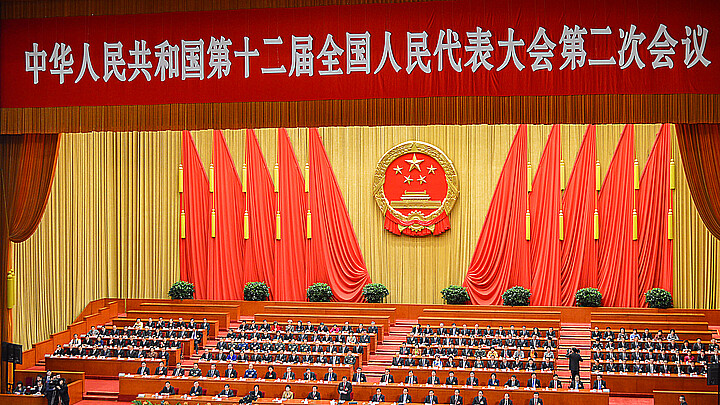Culture
CCP alarmed that Chinese young adults are rejecting blue-collar work
Even highly-paid technical positions in factories are still considered blue-collar and therefore unattractive to graduates.
July 22, 2022 7:38am
Updated: July 22, 2022 7:38am
New research found that China’s college graduates are shunning any blue-collar work, exacerbating the country’s poor economic outlook from harsh COVID-19 lockdowns, stagnating economic mobility and the “lying flat” movement’s rejection of conspicuous consumption.
A report published by Taiwan’s Mainland Affairs Council, which manages the democratic island’s relations with China, found that greater access to higher education has made it difficult to fill blue-collar job vacancies.
Nearly 10.76 million graduates are expected to enter the job market this fall, but unemployment has not improved because the supply of professional jobs have not grown to meet demand, said the report.
College graduates prefer white collar-work for a number of reasons – they are considered higher status, have shorter hours, less demanding work and potential for advancement.
On the other hand, factory work is often more physically demanding and requires longer hours in worse working environments. Even highly-paid technical positions are still considered blue-collar and therefore unattractive to graduates.
The Chinese Ministry of Education intends to address the blue-collar vacancies with improved vocational training. Researchers called for educators and administrators to emphasize and re-instill the view that “there is no such thing as a good or bad job.”
Beijing’s economy has recently experience significant disruptions from the COVID-19 pandemic, international affairs and cooling economic growth.
Its economic malaise has taken an emotional and mental toll on Chinese young adults. The suicide rate among youth in the country has reportedly doubled, maybe even tripled, during the pandemic.
At the same time, the demographic issues created by China’s one-child policy are also creating a labor crunch, with its workforce projected to drop by 35 million over the next five-years. This means younger people are under pressure to work longer hours, and many are burning out.
In summer 2021, the “lying flat” movement went viral as overworked young people used the pandemic to reassess their priorities and reject competition, consumerism and other vices of modern life. The Brooking Institute explained it as a conflict between the desire for individual dignity and the “grandiose ambitions of the national self.”
This has alarmed the ruling Communist Party, which quickly issued rebuttals about how “the creative contribution of our youth” was indispensable for continued innovation and economic growth.







